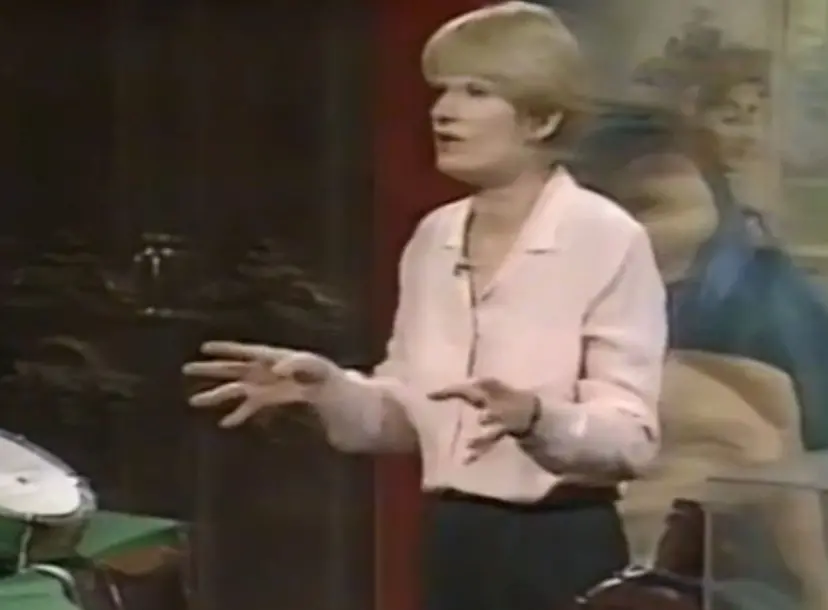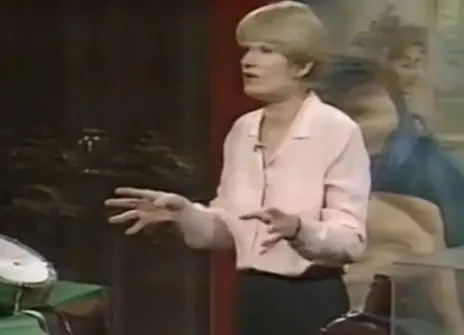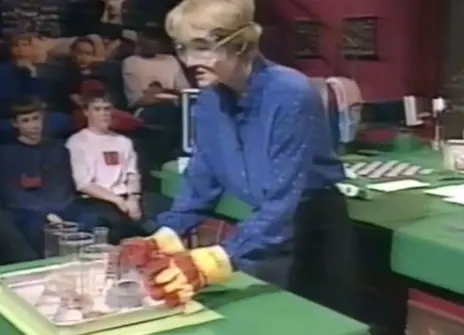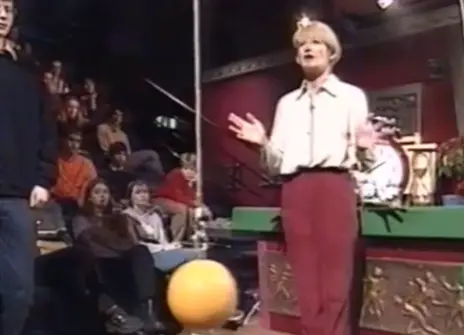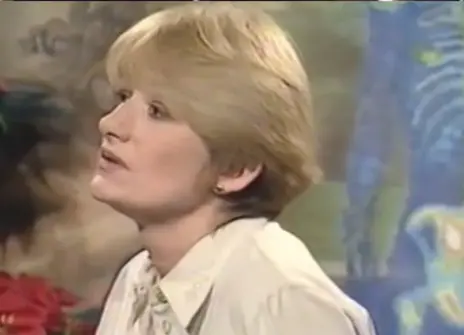Lecture 1 – Sense and sensitivity
Senses are one of the most important things that humans possess. From sight and smell, taste and touch, to temperature, pain and balance, our perception of stimuli around us is crucial to our survival.
In the first of her lectures, Nancy Rothwell reveals how we are endowed with a multitude of sensors that help us regulate our bodies. This process of regulation – known as 'homeostasis' – is sensitive to even the slightest change in our environment. How we respond to these changes determines how well we fare in different situations.
Nancy puts her own blood under the microscope to show the cells keeping her body in balance. Plus, Olympic champion Chris Boardman gets back on a bike to demonstrate the effect of exercise on our brain and blood.
Humans are not the only living organisms to have senses. With help from some furry friends, Nancy explains how the similar sensitivities of creatures throughout the animal kingdom have evolved to help them stay alive. Sometimes these senses can help more than the animal in question, proving useful to humans as well as sniffer dog Buddy shows us.
About the 1998 CHRISTMAS LECTURES
From burning off that extra piece of pudding to keeping it cool, our bodies are juggling all sorts of chemical reactions to keep us alive and healthy. Over the course of five lectures, Nancy Rothwell takes a closer look at the physiological processes that help our bodies stay in balance, and reveals what can happen when that balance tips the wrong way.
Beginning with a look at our senses, Nancy explains how our perception of the world around us is essential to our survival, and how other creatures in the animal kingdom have evolved similar sensitivities.
We learn how all our bodily processes are fuelled by energy in the food we eat, and how they are affected by the temperature of our surrounding environment.
With the help of some animal friends, Nancy reveals how our bodies are trained by the sun and how some creatures know exactly when it’s time to die, before finishing with a look at the astonishing adaptations animals have evolved to cope with life in the extremes.
